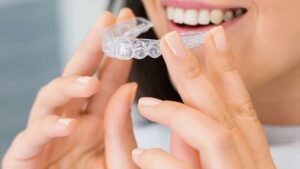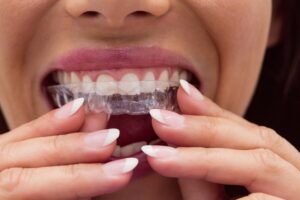Introduction
COVID-19 has affected different aspects of human health, and it has diverse symptoms starting from the respiratory system and ending up with neurological problems. One of the lesser-known symptoms that some people have experienced is tooth pain. Dental pain is not a common sign of COVID-19, though newer publications and evidence support the idea that COVID-19 is somehow associated with inexplicable dental issues. This blog explores how COVID-19 can potentially affect dental health, the mechanisms behind COVID-related tooth pain, and ways to manage these symptoms.
Tooth Pain and COVID-19: What Is the Connection?
1. What Does Research Indicate about COVID-19 and Dental Pain?
COVID-19 is characterized by multiple symptoms that imply the infection of multiple organs and systems. While respiratory issues dominate as the most frequently observed complaints, emerging studies have illuminated the virus’s capacity to present neurological disturbances. These include headaches, joint discomfort, and, in rare cases, even tooth pain. Here are some pivotal insights drawn from the research:
- A study published in the Cureus Journal of Medical Science documented two cases of women who experienced unexplained tooth pain associated with COVID-19 infection [^1^].
- Another comprehensive study found that COVID-19 can affect the trigeminal nerve (cranial nerve V), which supplies sensation to the teeth, potentially leading to tooth pain [^2^].
While tooth pain isn’t a widely recognized symptom of COVID-19, these cases suggest a link that may be due to the virus’s impact on the nervous system.
2. How Can COVID-19 Cause Tooth Pain?
COVID-19-related toothache is usually not associated with such diseases as tooth decay or periodontal disease. However, this pain seems to be neuro in nature. There are three main types of pain that might be experienced:
- Neuropathic Pain: This type of pain occurs when the virus damages or irritates the nerves responsible for sensing pain. The trigeminal nerve, which supplies sensation to the face and teeth, may be affected by COVID-19, resulting in tooth discomfort.
- Nociceptive Pain: This pain originates from tissue damage, which is less likely in COVID-19 cases unless the individual already has an underlying dental issue.
- Nociplastic Pain: This pain arises from altered pain signals in the nervous system without any actual damage to tissues or nerves.
In the reported cases, tooth pain was spontaneous and not associated with any identifiable dental issue, suggesting that it might be neuropathic pain caused by the viral infection.
Symptoms of COVID-19-Related Tooth Pain
COVID-19-related tooth pain may present differently from regular toothaches:
- No Visible Dental Issues: There are no signs of cavities, abscesses, or gum disease.
- Sudden Onset: The pain can appear suddenly, often during the early stages of COVID-19 infection.
- Pulsating or Electrical Shock-Like Pain: The pain may feel like a throbbing sensation or an electric shock in one or more teeth.
- Affected Multiple Teeth or Entire Jaw: It’s possible to feel discomfort across a broader area rather than in a specific tooth.

Why Does COVID-19 Cause Tooth Pain in Some People?
1. Impact on the Trigeminal Nerve
The trigeminal nerve (cranial nerve V), responsible for facial sensations, can be affected by COVID-19. The virus might cause inflammation or damage to this nerve, leading to pain that feels like it’s coming from the teeth.
2. Blood Clotting Issues and Reduced Blood Flow
COVID-19 can cause blood clotting problems and inflammation in blood vessels, reducing blood flow to various parts of the body, including the gums and teeth. This reduced blood flow can lead to pain and discomfort, especially in areas with pre-existing dental issues.
3. Stress and Teeth Grinding
COVID-19 has increased stress and anxiety levels for many people, leading to habits like teeth grinding (bruxism). This can cause jaw pain, tooth sensitivity, and even cracked teeth.
Other Dental Issues Associated with COVID-19
- Dry Mouth: COVID-19 can cause a dry mouth, making teeth more susceptible to cavities.
- Gum Inflammation: COVID-19 may contribute to gum inflammation, which can cause pain and swelling.
- Loss of Taste and Smell: This symptom, while not directly related to tooth pain, can impact oral hygiene as people may neglect brushing and flossing due to reduced taste sensation.
Managing COVID-19-Related Tooth Pain
1. Home Remedies
- Pain Relief: Use over-the-counter painkillers such as paracetamol or ibuprofen.
- Saltwater Rinse: Rinse with warm salt water to reduce inflammation and cleanse the gums.
- Hydration: Stay hydrated to prevent dry mouth.
2. Dental Care During COVID-19
- Maintain oral hygiene by brushing twice a day and flossing daily.
- Avoid hard foods if experiencing tooth pain.
- Use fluoride toothpaste to protect against cavities.
3. Seek Professional Help
If you experience persistent tooth pain during or after a COVID-19 infection, schedule an appointment with your dentist. They can assess your condition and provide the necessary treatment.
Schedule an Appointment
If you’re experiencing dental pain or other oral health issues after contracting COVID-19, don’t ignore the symptoms. Schedule an appointment with our expert dental team today for a thorough examination and personalized treatment plan. We’re here to help you maintain a healthy smile, even during challenging times.
References and Further Reading
- Two Cases of COVID-19 With Concomitant Unexplained Dental Pain: Coincidence or Related?
- Potential Neurological Symptoms of COVID-19
- COVID Teeth: Does the Coronavirus Affect Teeth and Gums?
By understanding the potential link between COVID-19 and tooth pain, you can take proactive steps to protect your dental health. Remember, maintaining regular dental check-ups and addressing any unusual symptoms promptly is the key to preserving your smile.







